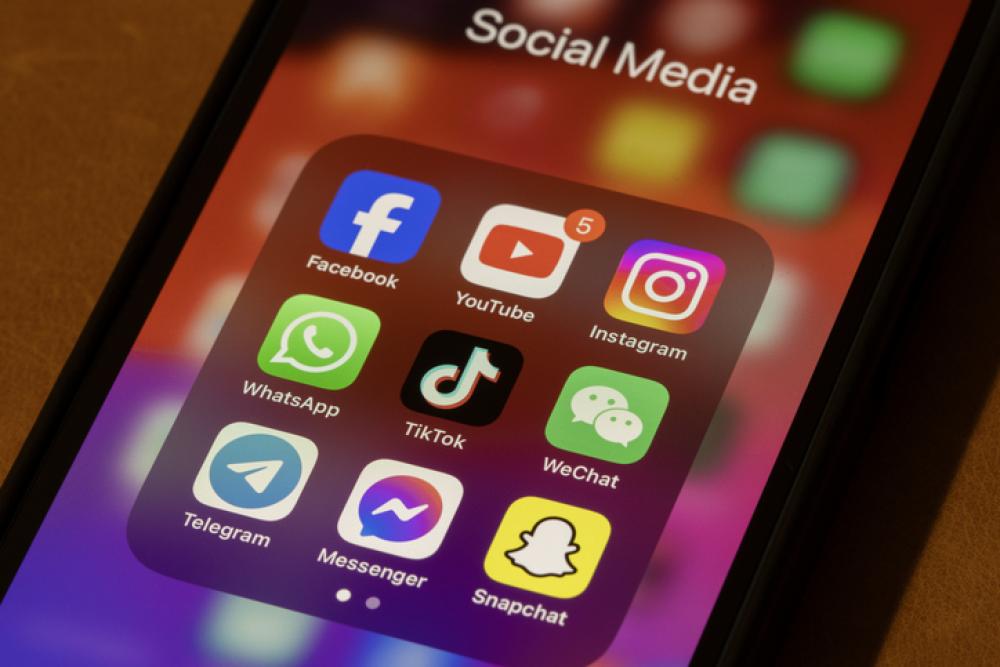The 5th U.S. Circuit Court of Appeals on Thursday vacated a preliminary injunction against Mississippi’s age-verification law and remanded the case to the U.S. District Court for Southern Mississippi, citing the recent ruling in Moody v. NetChoice, LLC that “reframed the analysis for facial challenges.” The 5th Circuit said that the district court in the Mississippi case “should have undertaken more detailed factual analysis” before finding that trade association NetChoice was likely to succeed on its merits.
The Oklahoma Senate Technology and Telecommunications Committee cleared a pair of social media bills Thursday, despite their sponsors admitting the legislation needs work before coming to the floor. One bill addresses cyberbullying while the other is about age-verification, which many states have addressed this year (see 2501170053).
New Jersey Attorney General Matthew Platkin announced Thursday he is filing a lawsuit against messaging platform Discord for deceptive and unlawful business practices that led to children on the platform being exposed to violent and sexual content as well as child predators.
Bright Data said it has already provided the information social media platform X is asking the court to order it to submit. In letters to Judge William Alsup, the data scrapping firm responded Tuesday to X's claims that it is attempting to stall the case and withhold its activity logs (see 2504140051).
Maine lawmakers weighed a bill that would establish a working group to study the use of AI, social media and cell phones in public school settings Wednesday. While a member of the public testified in support of the legislation, some members of the Committee on Education and Cultural Affairs worried about the cost, the effort's potential redundancy and that it could place an undue burden on Department of Education staff.
Lawmakers in the state legislature approved the bipartisan Arkansas Children and Teens' Online Privacy Protection Act Tuesday and the measure now heads to the governor's desk for signature. HB-1717 is modeled after the federal Children's Online Privacy Protection Act (COPPA) 2.0 (see 2503040037), and would ban tech companies from collecting, retaining and disclosing minors' data, except in a few situations.
Texas will excise the private right of action from its app store age-verification bill, Rep. Caroline Fairly (R) told the House Trade Committee on Tuesday evening.
Tennessee Attorney General Jonathan Skrmetti (R) told a court Monday that the decision in NetChoice, LLC v. Griffin demonstrates the weakness of NetChoice's argument for a preliminary injunction against a law that requires age verification before accessing social media accounts. NetChoice urged the U.S. District Court for Middle Tennessee on April 1 to use the Griffin ruling (see 2504010044), to enjoin the law (see 2504020033).
A proposed committee substitute for a North Carolina bill aimed at creating social media protections for minors passed the House Commerce and Economic Committee Tuesday by voice vote and will now be referred to the Rules, Calendar and Operations of the House.
X asked the court to deny Bright Data's request to turn over additional evidence as part of a copyright case. In a letter Monday, X claimed it has provided "voluminous information," and Bright, a data scraper, is attempting to distract and stall the court despite withholding its scraping activity logs.
